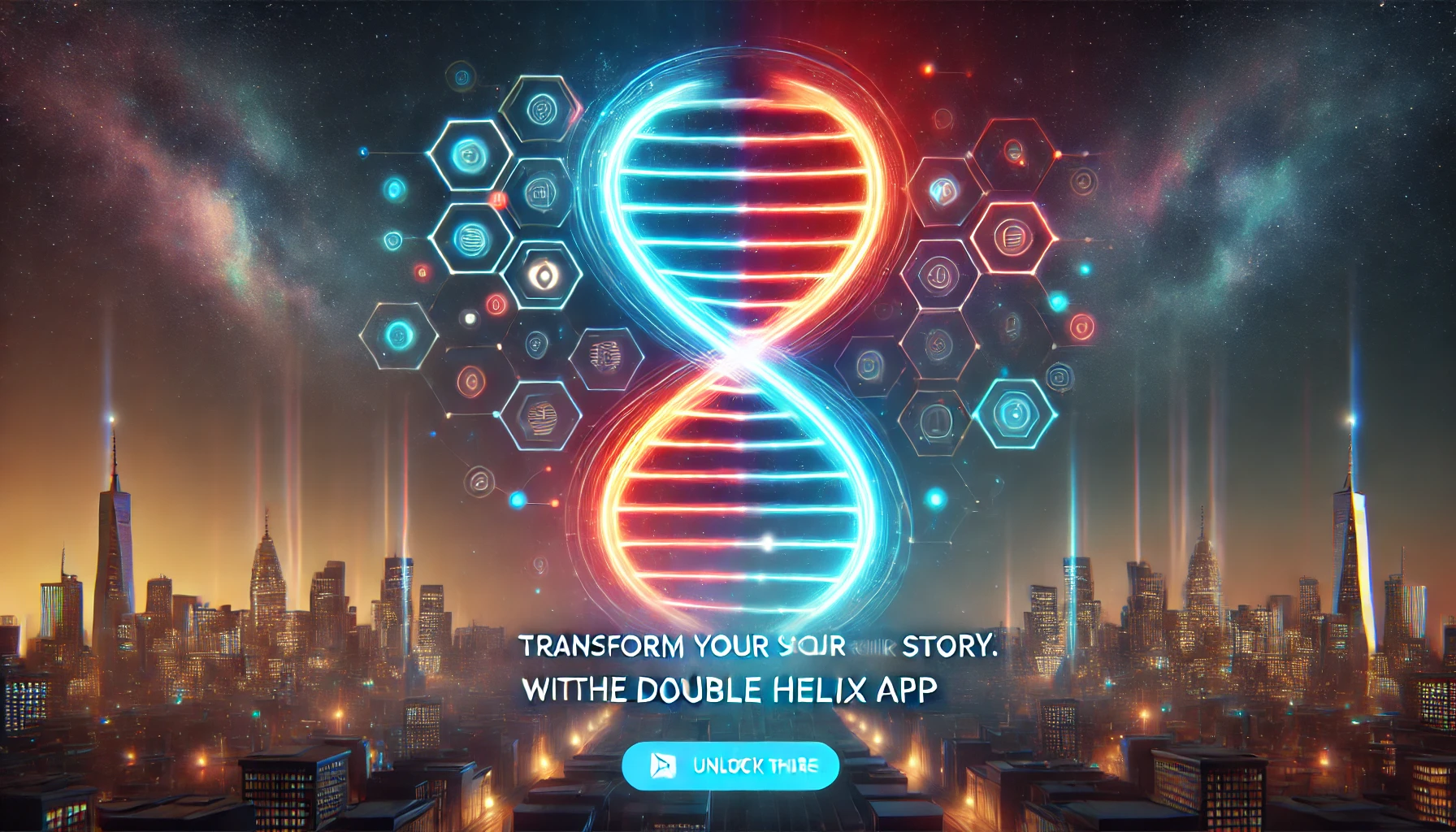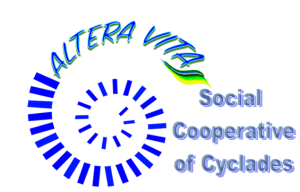DOUBLE HELIX APP
Section outline
-

The project involves the production of a ‘Double-Helix App’ and a training course for practitioners, family members and volunteers in its use.
The ‘double helix’ is an interactive tool (developed over 25 years), designed to record remembered life events on one helix and the underlying narratives on another. As confidence grows, it is possible to access memories in greater numbers/details and build meaningful interpretations. Reflecting on the sequence and relationship of these leads to a reconciliation and articulation of one's legacies of experience. Once present thinking, behaviour and feelings are understood, future possibilities can then be envisioned and populated with achievable steps, encouraging progression.
This process develops in collaboration with an appropriately skilled professional or volunteer. (Please see DH animation)
The skills and qualities needed to facilitate this are addressed in the accompanying course. It supports the cultivation of cognitive and emotional empathy, vital in the recovery process, according to medical research. It contains guidance on building systemic support around emerging outcomes. This course can be accredited at Level 2 or 3, and can be delivered online or face-to-face. (Please see Framework for Course Doc).
The ‘app’ provides an interactive model held by the individual and the course contributes to professional/volunteer development
The solution targets all vulnerable people, their educational/support staff, families and volunteers.
Adult & Children’s services, globally, are responding to escalating needs from a number of vulnerable people. The complex processes of social exclusion are further complicated by issues such as refugee numbers, radicalisation, polarization of societal groups and most recently the global public health crisis.
This project combines research and experience from medical, educational, technological and social theory in a form that a range of people will engage with and use in a variety of settings, individual, group or organisational.
A literature review conducted by the Serious Games Institute, at Coventry University suggests that current available resources tend to focus on brain injury recovery or CBT methods. The theories informing these tend to be separate and disconnected. None of the available apps involve building a relationship with a helpful other, whose importance cannot be underestimated.
This solution contributes to the building of social capital in and between communities and should also help stimulate cross-sectoral collaboration between health, social services care and education sectors.
Brian de Lord
-

The Problem
This proposal initially addresses the problem of traumatised children (5 years+) suffering from forms of dissociative amnesia (DA). These involve disruptions of memory, awareness, identity, and perception. When one or more of these is disrupted, it traps children in an unhappy present. Because “being able to remember past events and planning for the future go hand in hand”, (T. Zentall,U. of Wisconsin, 2007), “their visualisations of future events will be disorganised and emotionless” (E. Maguire, Wellcome Trust Centre, 2007).“Our awareness of self, time and distance is developed within the context of early awareness and reliability which becomes the foundation of future understanding of knowledge.” (H. Geddes, Therapeutic Care Journal. 2016).
Aspiration, without reconciling the past seems impossible.
The scale of the problem is indicated by Young Minds (2016):
• 1 in 10 children (5 – 16 years) have a mental health disorder.
• 1 in 12 -15 children deliberately self-harm.
• 72% of children in care have behavioural/emotional problems.
• 95% of imprisoned young offenders have a mental health disorder.
The loss of direction, belief and hope is reflected in the Chief Medical Officer’s Annual Report (2012):
‘Mental health problems in children have wide-ranging effects, including impacts on educational attainment and social relationships’.
The London School of Economics (2012) concluded that ‘poor mental health has a strong association with educational outcomes and of being “not in education, employment or training”.The Solution
The solution involves the production of a ‘Double-Helix App’ and a training course in its use.
The ‘double helix’ is an interactive tool (developed over 25 years), designed to record life events on one helix and the underlying narratives on another. As confidence grows, it is possible to access memories in greater numbers/details and build meaningful interpretations. Reflecting on the sequence and
relationship of these leads to understanding and articulation of one's legacies of experience.
Brian de Lord


